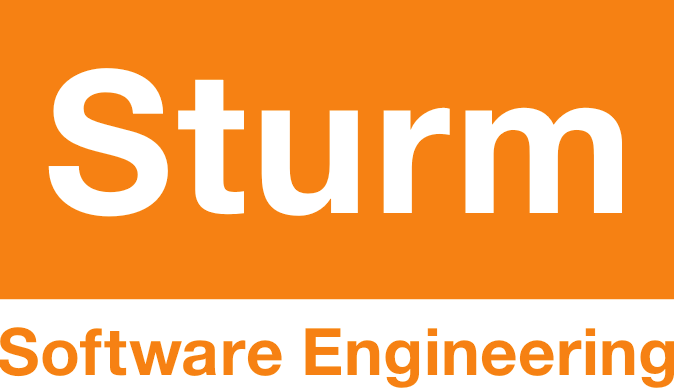The recent resounding defeat of ACTA in the European Parliament has given me a lot of hope. Many citizens took the time to contact members of parliament and this seems to have made all the difference. I hope that Australian can also reject this harmful agreement. That won’t happen without some effort though.
This morning I had the opportunity to meet and speak with Australian Government MP Catherine King. I raised concerns about the ACTA and TPP agreements. She acknowledged my concerns and agreed to contact Minister Stephen Conroy about these issues. Here are the points I provided:
ACTA
Please defend our freedom by voting down this harmful agreement.
- Negotiated in secret for over two years
- Uses the guise of reducing commercial international-level copyright and trademark infringement (an acceptable aim) to introduce provisions that restrict the freedom of citizens
- Serves the interest of large incumbent music and movie companies, preserving their outdated business models
- Punishes Internet users with disconnection if accused of sharing
- Prohibits software that circumvents digital-restrictions on text/audio/video (ie. “you must only use our locked-down e-book reader software to read this book”)
- Encourages a culture of surveillance and suspicion in which freedom and creativity are seen as dangerous.
- Following a huge public backlash, the European Parliament recently voted ACTA down, 478 votes to 39.
TPP
Please speak out against the nature and scope of this agreement.
- Completely non-transparent process – NGOs could make submissions at stakeholder forums knowing almost nothing about the scope of the agreement
- Leaked draft indicates that United States is using the TPP to spread it’s draconian copyright and patent laws around the world.
- Expected to increase the duration and scope of copyright and patents and adding harsher infringement penalties. These laws are already a long way in the favour of publishing and media companies to the detriment of authors, artists and consumers.
- Expected to explicitly include areas of computation and information processing in patentable subject matter (aka. software patents). These patents don’t work as a way to encourage innovation, actually stifling the Australian software industry (see our 2010 petition which received 1000 signatures).
Update 21 July 2012: Looks like I wasn’t paying attention. Australia signed up to ACTA in October 2011. The TPP is definitely still being negotiated though.

